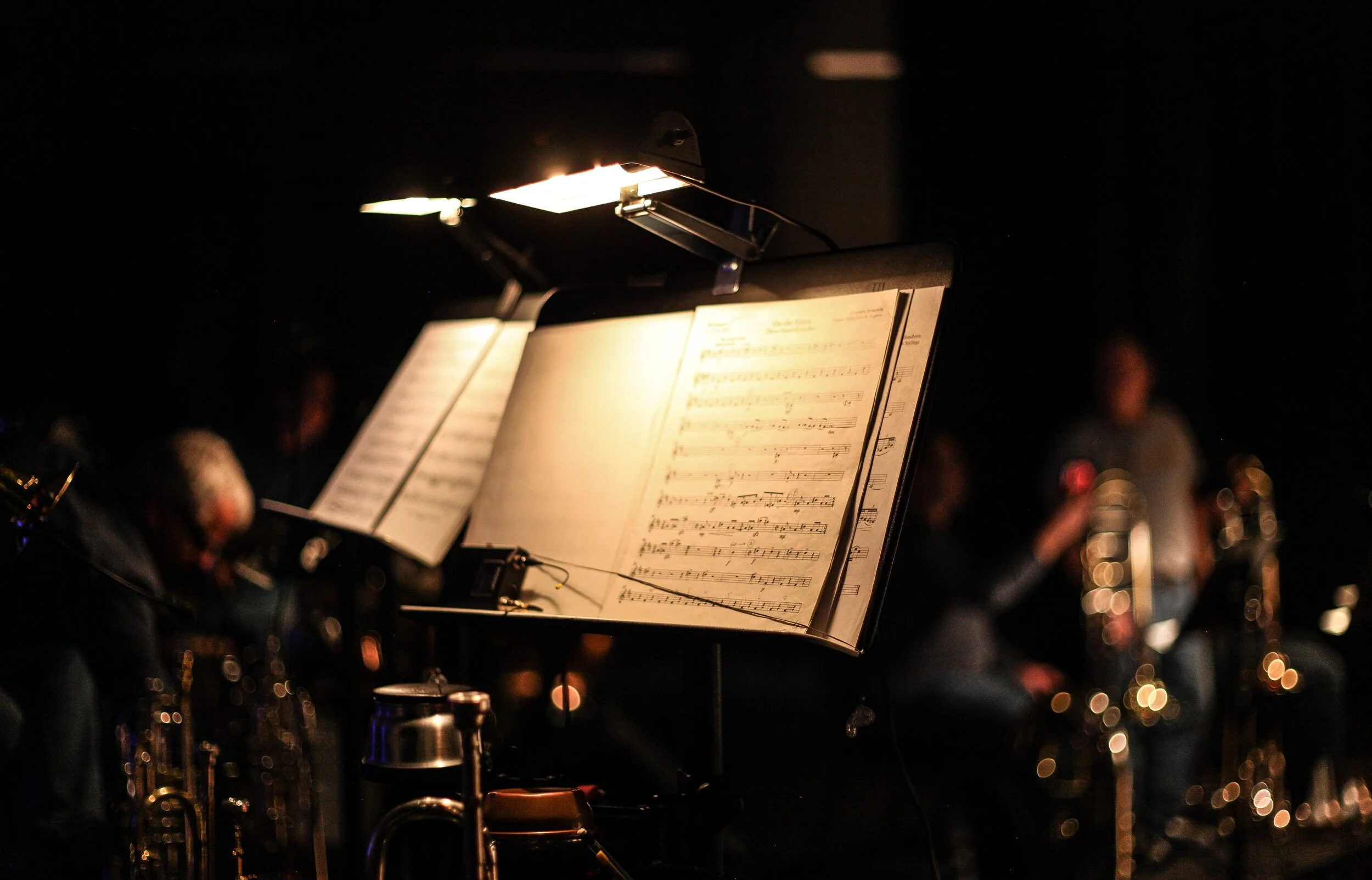So You Want a Career in Music?
I wish someone told me when I was in music school that there is no single occupation called “Music Performance” that you get hired upon graduation after earning a Bachelor of Music. There is no set path for anyone pursuing a career in music, and no — a “career in music” is not an oxymoron. The truth is a career in music can take on many forms, and it can look pretty unusual compared to other industries. And yes, as much as we may not think of it as such, the music industry is an industry. Let’s look at the definition and origin of the word:
industry (noun)
economic activity concerned with the processing of raw materials and manufacture of goods
an activity or domain in which a great deal of time or effort is expended
systematic labor especially for some useful purpose or the creation of something of value
Music is nothing if not a raw material that we as artists mold into what we make of it, putting our personal spin or stamp on it, finding a way to express ourselves through it. Ideally, we find a way to monetize that process and share the “goods” we manufacture, be it a performance, an album, a composition, teaching, etc. I also find it quite appropriate that the word “industry” has French and Latin roots meaning “diligence” or careful, persistent work. If that isn’t descriptive of a life in music, I don’t know what is!
Let’s explore some career paths. Below is by no means an exhaustive list of music professions, simply a tip of the iceberg to give you an idea of what the future may hold.
Accompanist
Artist management
Chamber group member
Composer/arranger
Film scoring
Gig contractor
High school music teacher/director
Music producer/recording engineer
Orchestra management
Orchestral musician
Pit orchestra musician
Private lesson instructor
Radio DJ/host
Record label manager
Soloist
University/college professor
Freelance musician (a.k.a. all of the above)
Any and all of these individual professions can be full-time or part-time, meaning you may have more than one job at any time, or dedicate yourself fully to one role. More often than not, you will work several jobs simultaneously, especially at the start of your career. That may mean long days or irregular hours, or commuting to and from the gig, and effort needed to schlep your instruments (I’m looking at you, bassists and percussionists, especially!). It’s a labor of love.
It goes without saying, if you can imagine doing anything else with your life other than music, don’t pursue it in college. I don’t say this to be discouraging, but to be honest of the challenges and hard work ahead. There are no guarantees in music, just like there are no guarantees in any career path. Ultimately, it’s your passion that motivates you to achieve your goals and sustain the challenges that come with it. If you can’t imagine your life without music at the center of it, go for it! Majoring in music in college is your next big step towards building a career around it.
Excited, but scared? You’re not alone. Think of a degree in music as a tool in your artist’s toolkit. Learning about the different facets of the music industry may take you down a different path or introduce you to a career that didn’t even exist before. There are many majors to choose from within music (not to mention double majors or minors), each of which may lend themselves to different career paths. Consider which types of jobs interest you when choosing what schools and specific majors to apply for.
Curriculum vs. Careers
Looking back, many traditional conservatories got their start by focusing only on the craft, connecting talented young artists with master teachers whose sole focus was to develop the students into the best musician they could possibly be. They were “conserving” a history or pedagogical legacy by passing on musical traditions over generations. At the time, it was thought that this artistic training was all that was needed to sustain a career in music: If you are talented enough, you can make a living as a musician. This is no longer true. Careers are not that simple!
To be a successful musician today requires much more than technique and musicianship. They require a well-rounded mind, plus an entrepreneurial approach to carve out your own career. Many conservatories are updating their curriculum, and university music departments partner with other colleges to fortify their curriculum by offering crossover courses. This can be overwhelming to narrow down, but the good news is you’ll have many more career paths to choose from!
“What if I don’t pursue music professionally after college?”
That’s okay! Again, you won’t be alone. It is perfectly fine to change your mind and take another turn along your path. Think of the many graduates from business school who may not be running their own businesses, or former educators turned independent consultants, or lawyers turned bakers. We all have the ability to pivot and shift as we follow our authentic path.
The sheer variety of transferable skills you acquire by dedicating yourself to the study of music can make you successful in whatever field you choose. For instance, I have many fellow classmates who earned degrees in music performance in undergrad who then went on to law school and medical school. Their unique background helped them stand out among the sea of applicants with B.S. degrees. They were recognized for their unmatched discipline, creativity, attention to detail, time management, and ability to problem solve and think outside the box.
No matter what you choose to pursue in college, trust your instincts and follow your passion wherever it leads you.


